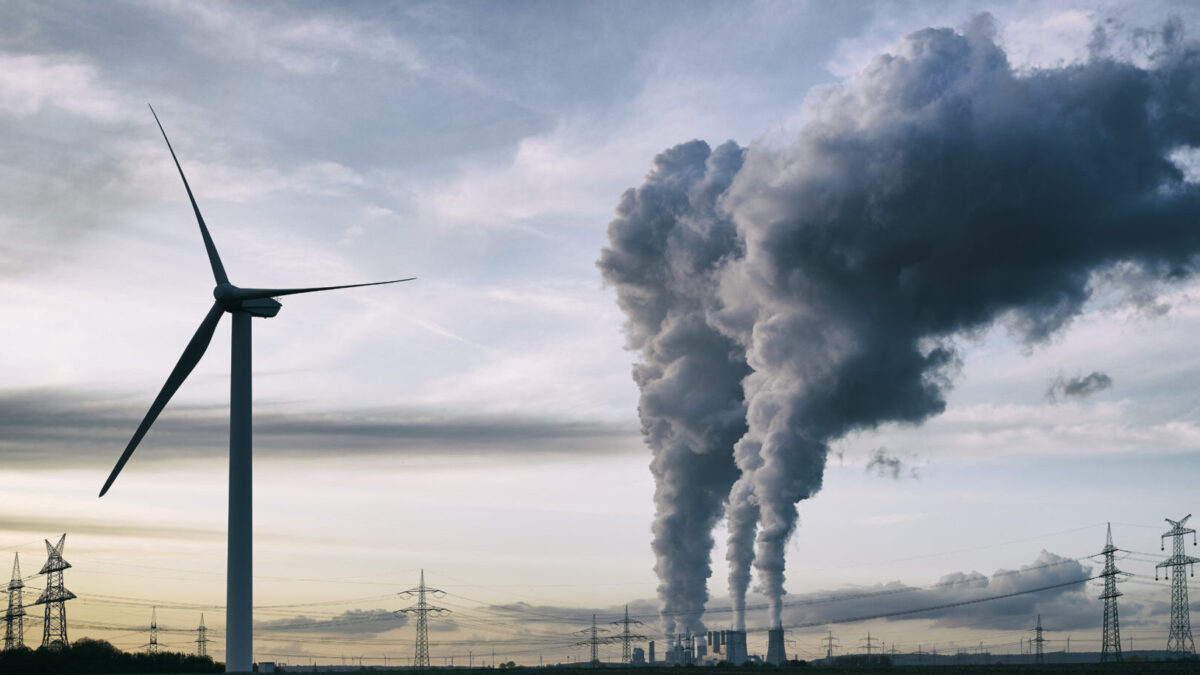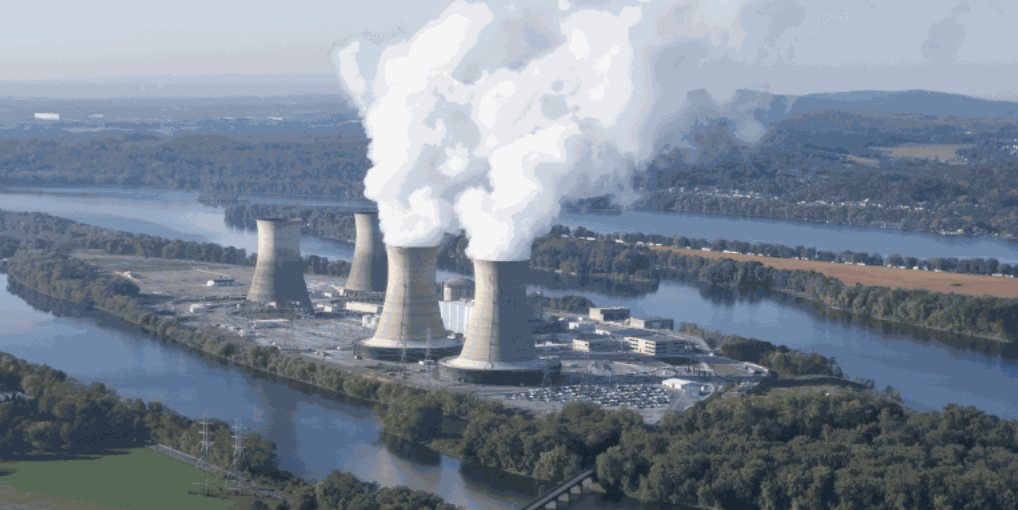Mark Schweiker: Pennsylvania’s energy future is bright and bipartisan
After years of high inflation, rising costs, and expensive energy, Congress and the current administration have taken an important step to jumpstart job growth and expand infrastructure, delivering much-needed relief for millions of Pennsylvanians.
Earlier this summer, the Trump administration enacted the One Big Beautiful Bill Act (OBBB) — a landmark measure designed to unlock America’s energy potential. As a critical energy-producing state, Pennsylvania stands to benefit significantly, with new OBBB policies making it easier for producers to tap the vast resources of the Marcellus Shale, the nation’s largest natural gas field. These changes will strengthen our economy, lower costs for families, and secure a stable energy future.
Energy remains a cross-aisle issue in so far as lowering prices and creating jobs are bipartisan goals. Members of both parties represent communities across Pennsylvania that rely on good-paying energy jobs, extending from union workers in the west to manufacturers in the east. The OBBB leveled the playing field, ensuring that we unleash investment in both traditional and renewable sources while modernizing the infrastructure that delivers power to our homes and businesses.
From Scranton to Erie, Williamsport to Pittsburgh, families depend on the paychecks from energy projects to keep food on the table, send their kids to school, and support local businesses. When we talk about energy policy, we’re really talking about whether parents can afford uniforms for their kids’ sports teams, or whether Main Street shops can keep their doors open. Job creation in this sector isn’t abstract – it’s personal, and it’s happening across the top of the state and throughout Pennsylvania.
The true extent of our energy resources is impressive. We have roughly 105 trillion cubic feet of shale natural gas reserves right beneath our feet, making us the nation’s second-largest natural gas-producing state and a leader in energy production. On top of that, we have over 270,000 skilled workers in our energy sector who keep America powered every day. For Pennsylvania’s small businesses and large employers alike, a stronger energy economy means lower costs, more competitive operations, and more jobs right here at home.
Unlocking the ability to harness these resources will lower costs for families. For too long, inflation has held us back. To bring prices down, the OBBB mandates new oil and natural gas lease sales across our federal lands and waters. More leases will increase production of affordable energy from our very own Marcellus and Utica shale deposits — deep rock formations rich with underground oil and gas. Investments in energy projects made possible by the OBBB will create new job opportunities for thousands of workers in the Keystone State.
But jobs alone are not enough. To unlock our potential, we need a government that clears roadblocks, not builds them. That is exactly what the OBBB does, and it is a marked shift from the policies of the previous administration, which chose to limit rather than support our energy production. For example, past restrictive tax policies made it difficult to expand and grow.
To remove these restrictions, Congress restored drilling cost deductions. Producers can now deduct 100% of intangible drilling costs, allowing them to keep more of their revenues. That equates to less money sent to Washington and more money reinvested right here at home.
Comprehensive energy reforms in the OBBB do not stop there. The law also made pragmatic changes to the permitting and review process for energy projects.
The review process is rife with unattainable requirements. Environmental reviews of energy projects take an average of more than four years to complete. Even many renewable energy projects are stalled longer in the review process than oil and gas projects. Developers have no certainty about the timeline for their project’s permitting, often forcing them to abandon the project altogether due to high costs and stagnancy.
Recognizing the need to fix this fundamental flaw, Congress enacted a new process to expedite project permitting. Now, developers can pay a fee to expedite review of an environmental assessment or environmental impact statement required under the National Environmental Policy Act (NEPA). This raises government revenue while creating a process that attracts investment in our state. Federal agencies are also taking their own action to develop new procedures that create more certainty.
This is not about bypassing the review process; it is about making the system more efficient. Unlike previous policies that focused solely on clean energy, the OBBB ensures all projects, including fossil fuels and renewables, have clarity in the permitting process.
Importantly, the OBBB ends unnecessary subsidies and electric vehicle mandates. These new policies are not “anti-green” at all. Rather, we have ended unfair preferential treatment. Now, energy projects of every type will benefit. It even preserves federal support for nuclear energy. Pennsylvania is already a role model when it comes to nuclear energy production, and this will further cement us as a leader in one of the energy sources of the future.
In the Keystone State, Governor Josh Shapiro has shown leadership in this space by supporting the restart of the Three Mile Island nuclear facility – an opportunity that would not only safeguard Pennsylvania’s position as a nuclear leader but also generate thousands of good-paying jobs in construction, operations, and supply chains. What makes this especially important is that it demonstrates how energy can unite, not divide: a Democratic governor and Republican members of Congress are aligned in backing projects that create jobs, strengthen our economy, and lower costs for working families.
The all-of-the-above approach to energy development is essential to American energy dominance. It is refreshing to finally see a pragmatic, data-driven approach to securing our energy independence.
Pennsylvania’s Republicans in Congress deserve credit for supporting the OBBB, and they were joined by Democrats who recognize the importance of protecting jobs and lowering costs for their constituents. As a result, all Pennsylvanians will benefit, and our future is bright indeed.
Mark Schweiker served as the 44th governor of Pennsylvania.




